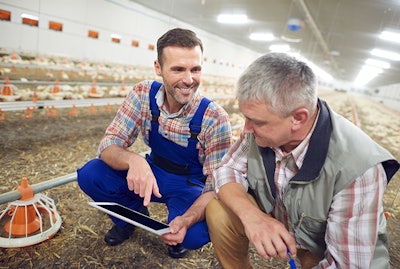
Today’s consumers prioritize products from companies that support the causes they believe in, making corporate social responsibility (CSR) programs more important than ever.
Nearly 90% of people surveyed by market research company Cone Communications said they would purchase a product because a company supported an issue they valued. More importantly, 75% of respondents indicated they would refuse to buy from a company that supports an issue contrary to their own belief.
CSR programs have also been shown to improve employee satisfaction and performance.
What is a CSR program?
Brands use CSR programs to demonstrate good corporate citizenship, including environmental efforts, philanthropy, ethical labor practices and volunteering.
“Corporate social responsibility is one of those terms that continue to evolve, but essentially it’s aligning your company’s organization and activities with broader societal expectations,” Charlie Arnot, the Chief Executive Officer for The Center for Food Integrity, a national not-for-profit organization dedicated to building consumer trust and confidence in today’s food system, said. “It’s a way to say we understand that society has certain expectations of companies in our business.”
Benefits to the poultry industry
The first step to implementing a CSR program is to create a list of important stakeholders. For the poultry industry, this list might include employees, the communities where they operate and customers who purchase products, as well as others who may be impacted by operations.
Ultimately, CSR programs come down to a company-wide mindset.
“Whether it's our environmental performance, our performance with the food that we produce, how we treat our animals or how we treat our workers, we need to be conscious and deliberate about how we operate and make sure we're measuring up to expectations,” Arnot explained.
“Oftentimes, those in agriculture believe that as long as I'm complying with regulatory requirements, that's sufficient and nothing else that goes on in my business to be of concern to anyone except me. And in today's environment, that's just not that's not accurate.”
Like what you just read? Sign up now for free to receive the Poultry Future Newsletter.
















